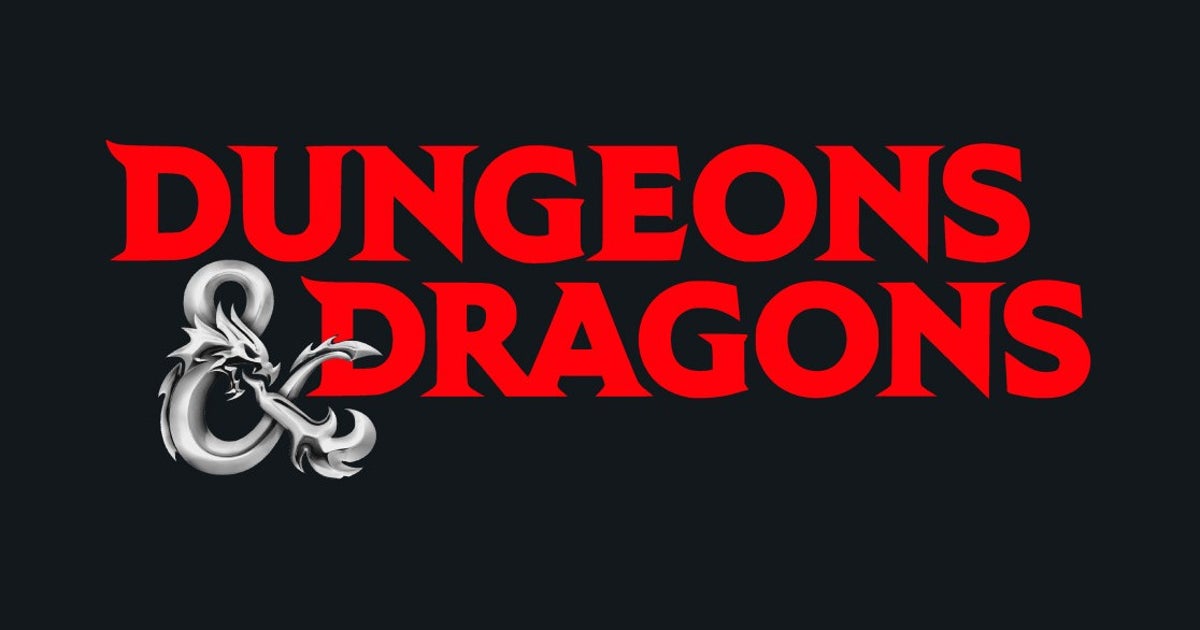The head of Wizards of the Coast believes that moving to a franchise model will allow for more alignment between D&D multimedia and the core D&D tabletop game. Recently, Wizards of the Coast president John Hight spoke with GameIndustry.biz in a wide-ranging interview about the gaming company. Much of the interview was spent on Wizards' digital gaming ambitions, but Hight did speak about the realignment of the company to a franchise model.
Under the franchise model, all D&D-related operations now run through Dan Ayoub as opposed to having different arms for entertainment, video games, and tabletop. In the interview, Hight stated that the franchise model would allow for better coordination - specifically between different aspects of the franchise. One example was the D&D movie, which had relatively limited crossover with the D&D tabletop game. "We'd love to have had a D&D book or campaign a part and parcel with the movie," he says.
He also noted that Stranger Things - which is receiving a new tie-in project next month - could be integrated more with the game. "It'd be nice to have that all lined up, so when this thing rolls out, we've got a campaign for you to enjoy that's something you saw on the show, or the characters in the show."
Additionally, Hight noted that another side to the franchise model is to fully align the digital and physical sides of play, which he hopes will lead to in-person play. "Unfortunately, because of COVID, there's a whole generation of gamers that has spent a good deal of their time playing only online," he said. "And they're re-discovering the joy of being able to play together. What I want us to be able to do is have players move fairly seamlessly between in person play and online play."
Elsewhere in the interview, Hight hinted at a new D&D MMORPG, stating that he has encouraged development of a new MMO but stopped shy of saying a project was officially in the works.





